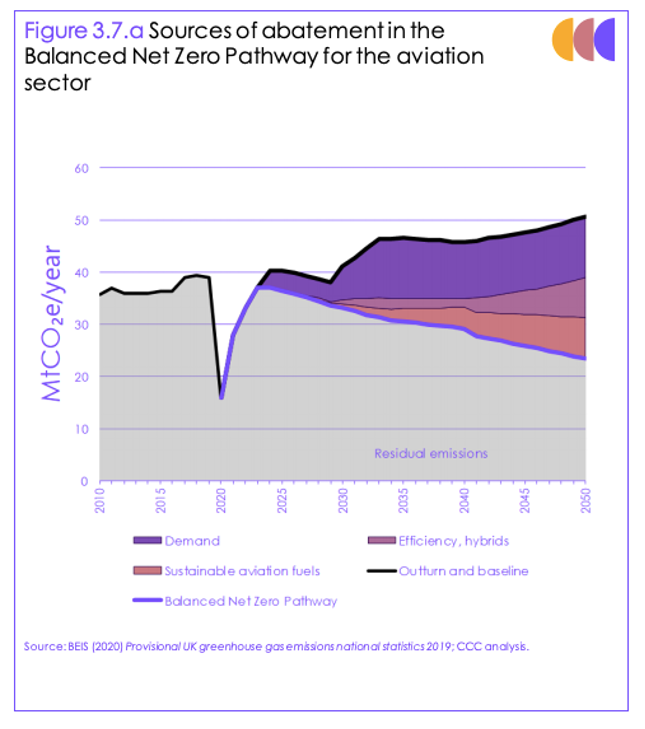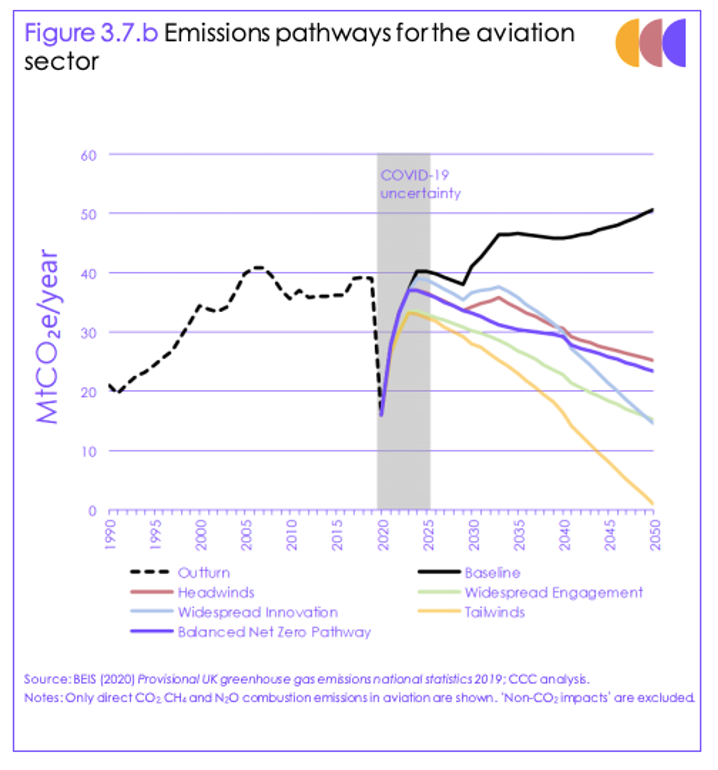1/12 @theCCCuk report out today on the recommended level of the 6th carbon budget (2033-37) also makes detailed recommendations on the pathway to net zero by 2050 or earlier, including for aviation “one of the most thorny topics”, according to @ChiefExecCCC #UKCarbonBudget
@theCCCuk report out today on the recommended level of the 6th carbon budget (2033-37) also makes detailed recommendations on the pathway to net zero by 2050 or earlier, including for aviation “one of the most thorny topics”, according to @ChiefExecCCC #UKCarbonBudget
 @theCCCuk report out today on the recommended level of the 6th carbon budget (2033-37) also makes detailed recommendations on the pathway to net zero by 2050 or earlier, including for aviation “one of the most thorny topics”, according to @ChiefExecCCC #UKCarbonBudget
@theCCCuk report out today on the recommended level of the 6th carbon budget (2033-37) also makes detailed recommendations on the pathway to net zero by 2050 or earlier, including for aviation “one of the most thorny topics”, according to @ChiefExecCCC #UKCarbonBudget
2/12 From 2033, emissions from international aviation and shipping (IAS) should be formally included in UK climate law, says the CCC. Until now emissions from these sectors have been ‘allowed for’ but not capped. Emissions from flying were, pre-pandemic, rising without penalty.
3/12 Given limits to the options for decarbonising aviation, flying is named as one of the ‘high carbon activities’, alongside meat consumption and driving, where we need to see behaviour change as well as a shift of energy supply and use of ‘greenhouse gas removals’.
4/12 CCC's recommended ‘balanced pathway’ allows for 25% growth (above 2018 levels) in demand for flying by 2050.
Though a reduction in demand growth accounts for the biggest wedge of the anticipated aviation emissions cut to 2050.
Though a reduction in demand growth accounts for the biggest wedge of the anticipated aviation emissions cut to 2050.
5/12 Compared to earlier modelling, CCC has ramped up its assumptions on sustainable aviation fuels which it now assumes to be 25% of total fuels by 2050 (2/3 biofuels, 1/3 synthetic jet fuel produced via direct air capture of CO2).
6/12 23 Mt of CO2 remain from aviation by 2050, which would need to be balanced by carbon removals, says the CCC, though how these would be paid for (whether by airlines or Govt) is not spelled out. Other scenarios in which, for example, demand is lower, are also considered.
7/12 There should be no net increase in airport expansion to limit demand growth, says CCC. This is the strongest line it's adopted on this issue.
Expansion can only be justified if matched by ‘restrictions’ at other airports or industry outperforms on ambitious pathway assumed.
Expansion can only be justified if matched by ‘restrictions’ at other airports or industry outperforms on ambitious pathway assumed.
8/12 “If efficiency or SAF do not develop as expected, further demand management will be required”, CCC says. “Demand management framework will therefore need to be developed and in place by mid-2020s to annually assess, and if required, act as a backstop to control [emissions]."
9/12 Non-CO2 impacts require further assessment, says CCC, before appropriate measures are put in place to tackle them, but “as a minimum goal, there should be no additional non-CO2 warming from aviation after 2050.”
10/12 Finally, what about offsetting? The Government and industry have often argued aviation emissions should be tackled by way of the UN Carbon Offsetting and Reduction Scheme for International Aviation (CORSIA).
11/12 UK should work with @icao to strengthen CORSIA scheme, says CCC, but as it currently represents “an insufficient contribution to goals of Paris Agreement”, CORSIA credits “should not be used to meet UK carbon budgets.” This is a strong – and v important – recommendation.
12/12 Our press release, focussing on the airport expansion recommendation of @theCCCuk's report on the recommended level of the 6th carbon budget, can be read here  https://www.aef.org.uk/2020/12/09/stop-airport-expansions-to-help-reach-net-zero-emissions-say-governments-official-climate-advisors/
https://www.aef.org.uk/2020/12/09/stop-airport-expansions-to-help-reach-net-zero-emissions-say-governments-official-climate-advisors/
#UKCarbonBudget
 https://www.aef.org.uk/2020/12/09/stop-airport-expansions-to-help-reach-net-zero-emissions-say-governments-official-climate-advisors/
https://www.aef.org.uk/2020/12/09/stop-airport-expansions-to-help-reach-net-zero-emissions-say-governments-official-climate-advisors/ #UKCarbonBudget

 Read on Twitter
Read on Twitter



